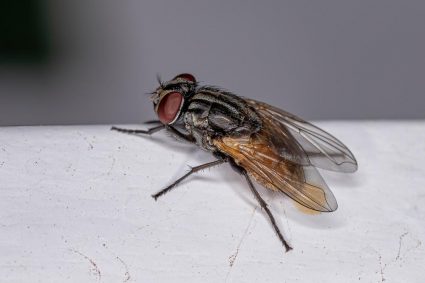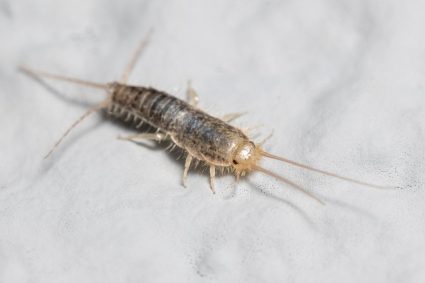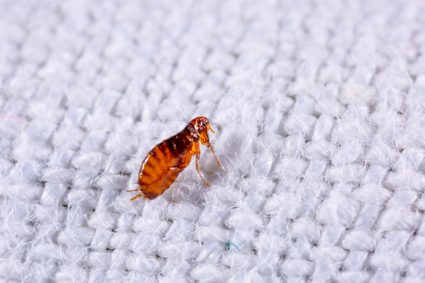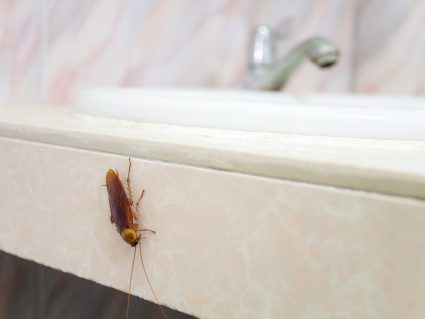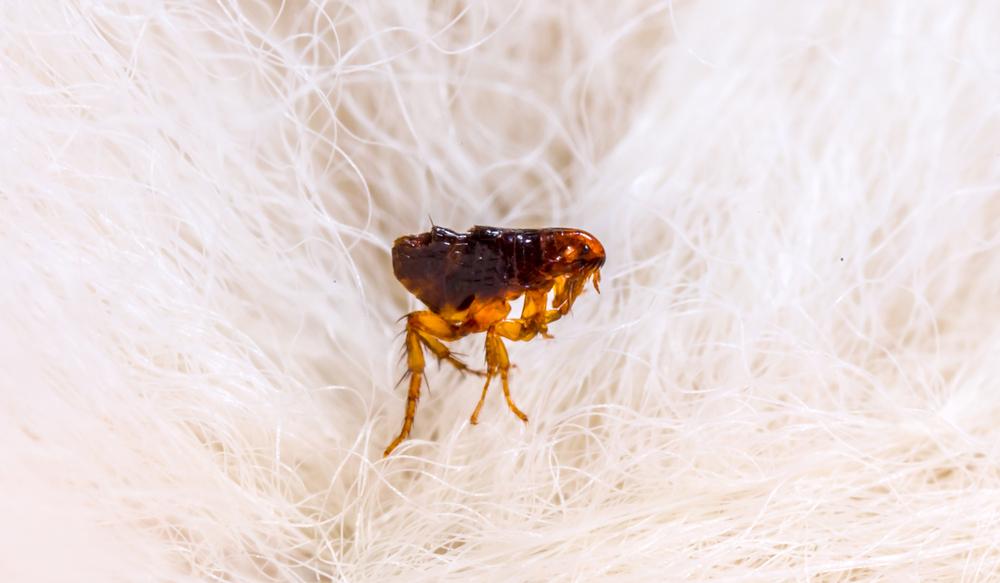
Fleas are a common problem for many pet owners, and ferrets are no exception. These tiny parasites can cause a range of issues, from mild irritation to severe skin conditions and even anemia. If your ferret has fleas, it’s essential to choose a safe and effective treatment to alleviate their discomfort and protect their health. This in-depth article will guide you through the various options for treating fleas on ferrets and provide you with the information you need to make an informed decision.
To treat fleas on ferrets, you can use safe and effective treatments like Advantage®, Revolution®, or Advantage Multi, under the guidance of a veterinarian. A flea comb can also be used to manually remove fleas. Regular bathing with a mild, ferret-safe shampoo and environmental control such as cleaning, vacuuming, and treating floors and furniture with flea powder or spray can also help. Natural remedies like diluted apple cider vinegar, food-grade diatomaceous earth, and some essential oils can be used as preventive measures. Always consult a vet before using any treatments.
Identifying Fleas on Your Ferret
Before choosing a flea treatment for your ferret, it’s important to confirm that fleas are the cause of their discomfort. Ferrets with fleas may exhibit signs such as biting, licking, chewing, or scratching themselves, red bite marks or sores on their skin, or patches of hair loss and skin scaling. You may also see flea dirt, which is dried blood left behind by feeding fleas, on your ferret’s skin.
If you suspect your ferret has fleas, it’s best to have them examined by a veterinarian. Some of these signs can also be seen with other skin parasites or diseases, so a professional evaluation is crucial for accurate diagnosis and treatment.
Safe and Effective Flea Treatments for Ferrets
When it comes to treating fleas on ferrets, safety is paramount. Not all flea treatments designed for cats and dogs are safe for ferrets. Here are some options that are considered safe and effective for ferrets:
- Advantage®: This is the only flea medication specifically labeled for use in ferrets. It is a topical treatment that kills adult fleas, flea larvae, and flea eggs.
- Revolution®: While not specifically labeled for ferrets, this prescription flea and tick treatment can be applied once a month under the guidance of a veterinarian familiar with ferrets.
- Advantage Multi: This treatment has shown promising results in ferrets, but the dosage is different from those for cats and dogs. Always consult with your vet before using flea medications for your ferret.
- Flea comb: Use a flea comb to remove as many fleas as possible from your ferret. This can be done in conjunction with other treatments.
- Bathing: Regularly bathe your ferret using a mild, ferret-safe shampoo, such as baby shampoo. Avoid using dish soap, as it can strip the ferret’s skin of its natural oils and harm their skin.
- Environmental control: Treat all floors and furniture with flea powder or spray, vacuum daily for a week, and wash all bedding in hot water to eliminate fleas and eggs from the environment.
Always consult your veterinarian before using any flea treatments on your ferret, as some products may be harmful to them. Additionally, treat all animals in the house to prevent re-infestation.
Natural Remedies and Preventive Measures
In addition to conventional treatments, there are several natural remedies and preventive measures that can be used against fleas on ferrets. Here are a few:
- Apple cider vinegar: Dilute apple cider vinegar with water and use it as a spray on your ferret’s fur. While it doesn’t kill fleas, it can help repel them.
- Diatomaceous earth: Sprinkle food-grade diatomaceous earth on your ferret’s bedding and living areas to help kill fleas.
- Essential oils: Some essential oils can help repel or kill fleas naturally. However, be cautious when using essential oils around ferrets, as some may be toxic to them. Always consult your veterinarian before using essential oils on your ferret.
- Regular cleaning: Vacuum your home regularly, especially in areas where your ferret spends time, to help remove flea eggs and larvae. Wash your ferret’s bedding in hot water every other day for 7 days to help eliminate fleas.
Prevention is always better than cure. Regular veterinary examinations can help with early identification of flea infestations and proper treatment.
Conclusion
Fleas can cause significant discomfort and health issues in ferrets. While several treatments are available, it’s important to choose one that is safe and effective for your ferret. Always consult with a veterinarian before administering any flea treatments to your ferret. With the right approach, you can keep your ferret flea-free and healthy.
Frequently Asked Questions
How often should I apply flea treatments to my ferret?
The frequency of flea treatments can vary depending on the specific product used. For example, Advantage® and Revolution® are typically applied once a month. However, always follow the instructions provided by the manufacturer or your vet.
Are there any side effects of using flea treatments on ferrets?
Just like any medication, flea treatments can potentially cause side effects. These may include skin irritation, loss of appetite, lethargy, or changes in behavior. If you notice any unusual symptoms in your ferret after applying a flea treatment, contact your vet immediately.
Can I use dog or cat flea treatments on my ferret?
Not all flea treatments designed for cats and dogs are safe for ferrets. Some products can be toxic to ferrets, so it’s important to only use treatments that are specifically labeled for use in ferrets or recommended by your vet.
How long does it take for flea treatments to work on ferrets?
Most flea treatments start working within 24 hours of application. However, it may take several days to a few weeks to fully eliminate a flea infestation, depending on the severity of the infestation and the treatment used.
Can I use a flea collar on my ferret?
Flea collars are not generally recommended for ferrets. They can cause skin irritation and other adverse reactions. Moreover, ferrets can easily get caught or strangled by collars. It’s best to use a flea treatment that’s specifically designed for ferrets.




